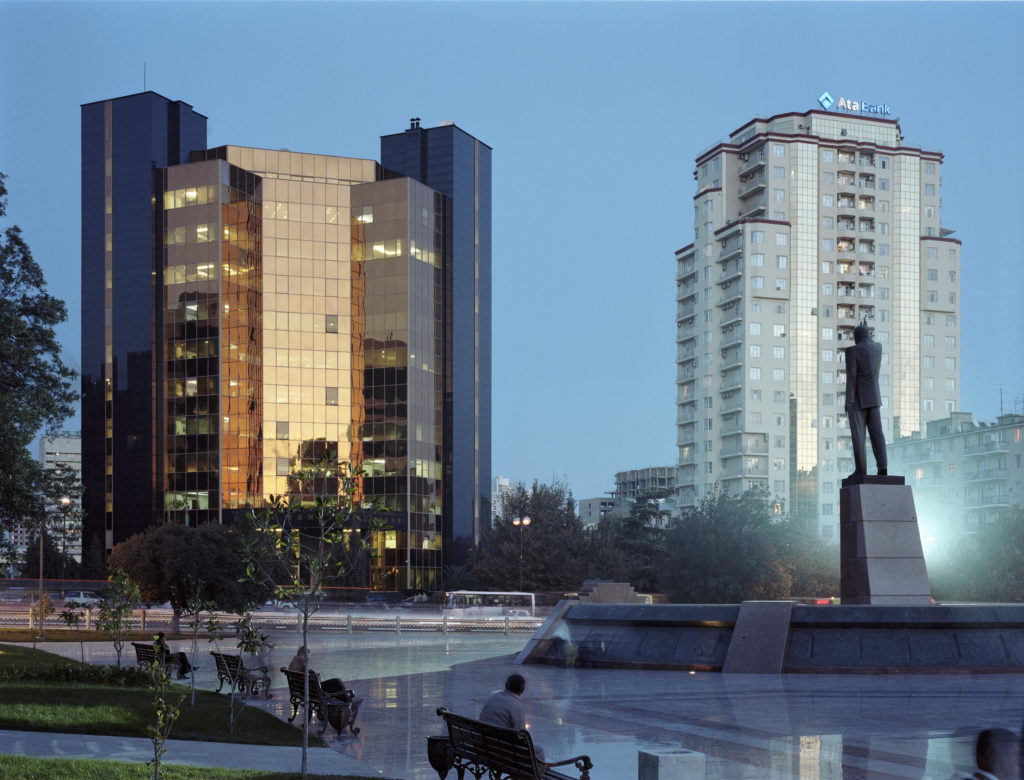BAKU
Azerbaijan’s government has drafted the state budget for 2022 based on an average oil price of $45 per barrel and projecting a deficit at 3.2 percent of gross domestic product (GDP).
The draft has been published on the Finance Ministry website and will be submitted to the parliament this week.
The budget for this year is based on the oil price at $40 per barrel, while the deficit is expected at 2 percent of GDP.
The state budget’s draft for the next year projects revenues at 26.407 billion manats ($15.534 billion), 8.6 percent up from revenues expected this year, and expenses at 28.974 billion manats, 12 percent up from this year’s spending.
In the structure of revenues, 13.840 billion manats or 52.3 percent is projected to be provided through income from the oil sector, 12.567 billion manats – from the non-oil sector. Compared to 2021, the growth of budget revenues from the non-oil sector will be 21.4 percent.
In the structure of expenditures, 19.914 billion manats or 68.7 percent are current expenses, 7.148 billion or 24.7 percent are capital expenditures, 1.912 billion manats or 6.6 percent are expenses for managing public debt and liabilities.
Transfers to the state budget from the State Oil Fund are projected in the amount of 11.860 billion manats, 2.8 percent less than expected in 2021.
The Economy Ministry projects economic growth next year at 4 percent with the non-oil sector to grow by 5.1 percent and the oil sector by 1.8 percent.
A jump in the oil sector, to 4.6 percent, is expected in 2023 due to oil output from the Central East Azeri oilfield and the peak of gas production and export from the second stage of the major Shah Deniz project.
According to updated forecasts, the country’s oil sector is projected to amount to 31.9 percent of GDP (27.9 billion manats) in 2022 with declines to 30.2 percent in 2023, 29 percent in 2024 and 27.1 percent in 2025.
The Economy Ministry forecasts annual inflation at 4.9 percent in 2021, up from 2.8 percent in 2020, and higher than 3.6 percent projected for 2022. The trend of slowing inflation rates is expected to continue in 2023-2025.
Capital investments in the economy are projected at 18.7 billion manats in 2022, 3.7 percent up from the level expected in 2021.
The government plans to keep the state debt in a range of 18 billion manats till 2026, but its size to GDP is expected to decline to 19.3 percent in 2025 from 24.4 percent in 2021.

